Spear Street Capital ID’ed as Buyer of BlackBerry Portfolio
Spear Street Capital L.L.C., announced yesterday as the buyer of the majority of BlackBerry's Canadian real estate holdings, brings its substantial experience in taking over corporate offices that have become excess to requirements.
 By Scott Baltic, Contributing Editor
By Scott Baltic, Contributing Editor
Spear Street Capital L.L.C. yesterday was announced as the buyer, for U.S.$278 million, of the majority of BlackBerry Inc.’s Canadian real estate holdings. San Francisco-based Spear Street has substantial experience in taking over corporate offices that have become excess to requirements.
Specifically, BlackBerry stated that Spear Street has waived its due diligence condition pursuant to the smartphone maker’s previously announced agreement to sell the real estate assets in Canada. The parties reportedly expect to complete the sale of properties valued at about 80 percent of the total later this month and to close on the remainder in the third quarter.
BlackBerry noted in a release that it will continue “to have a strong presence in Canada, with Waterloo continuing as the home of its global headquarters.” The tech company declined to release any further information at this time, and Spear Street did not respond to a request for information.
The fact that the smartphone maker, which has seen its market share dwindle in recent years, planned to sell 19 buildings totaling 3 million square feet, plus some vacant land, has been known since at least mid-February. BlackBerry, which had engaged CBRE Group Inc. to assist it, planned to sell some buildings it still occupies and then lease them back.
The 19 buildings, mostly of post-2000 vintage, range from 29,000 to 400,000 square feet of office and warehouse space and comprise the Northfield, University, Cambridge, Ottawa and Mississauga ACC campuses.
Spear Street’s website highlights its recent experience with office properties that became superfluous for major companies. At First and King near the Seattle waterfront, for instance, Starbucks in 2010 completed a new building that, together with an existing, connected warehouse, totaled 472,000 square feet. The coffee shop chain, however, had begun to retrench before First and King was completed and decided to dispose of it.
When Spear Street bought the property, it was only partly leased, with significant additional improvements needed. The buyer was able to nail down substantial new leases with EMC and other tech companies, and in 2013 sold the property to a large, publicly traded REIT.
A similar story played out with two office properties in suburban Austin, Las Cimas II & III, totaling 313,000 square feet. Computer maker Dell had leased the buildings on a long-term basis for its corporate headquarters “but ultimately left the property after the company’s financial prospects declined,” according to Spear Street.
When acquired by Spear Street, Las Cimas II & III were leased to Dell but fully occupied by 23 subtenants. Spear Street’s central goal reportedly was to “mitigate the concentrated Dell lease rollover by entering into direct leases with certain subtenants as well as new prospects.” Dell agreed to pay to terminate its lease in phases as direct deals were executed with existing occupants or new tenants. The property eventually was fully leased to Whole Foods, Jones Energy and Union Pacific, among others, and in 2013 it was sold to an offshore real estate fund.

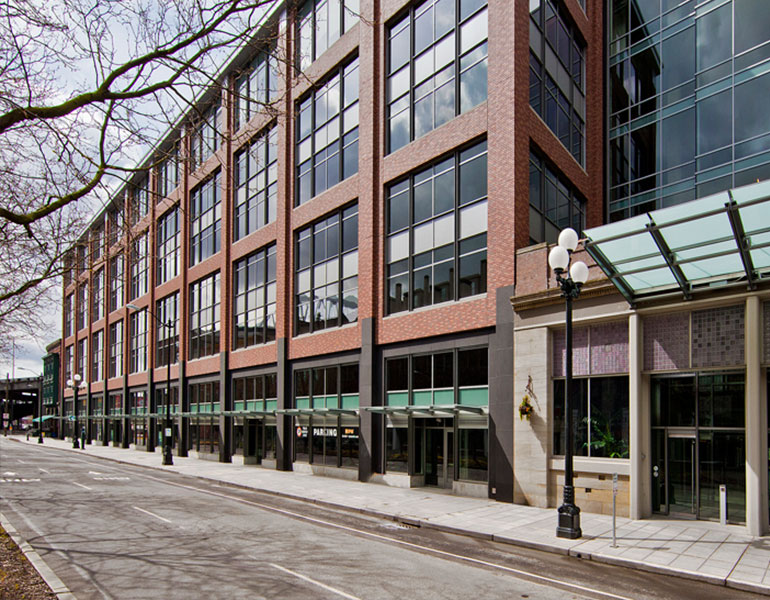
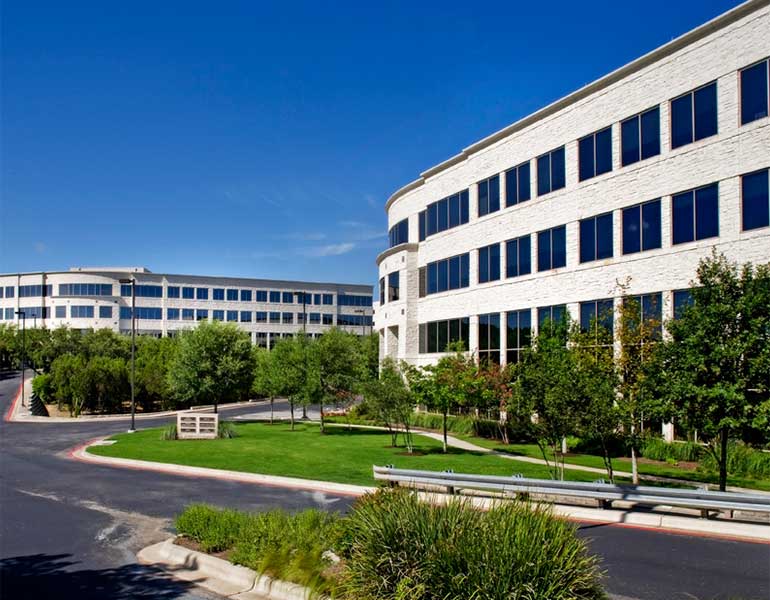
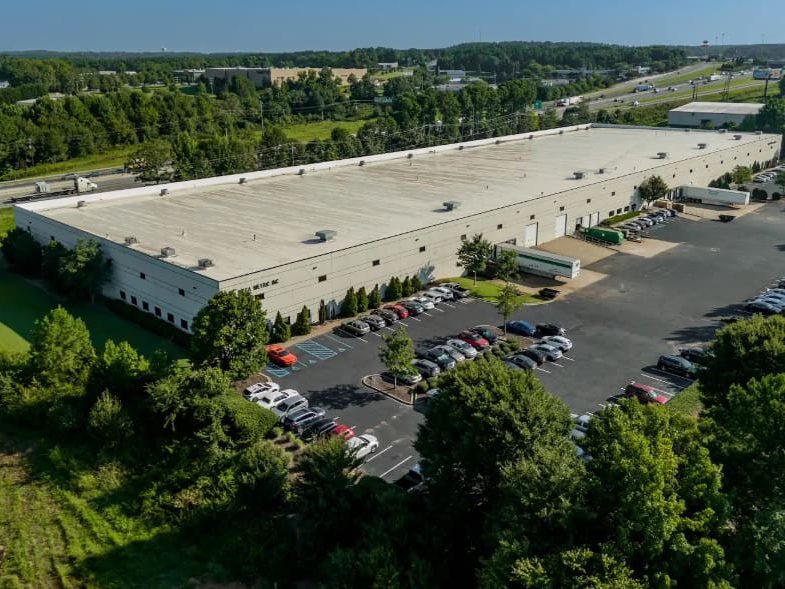


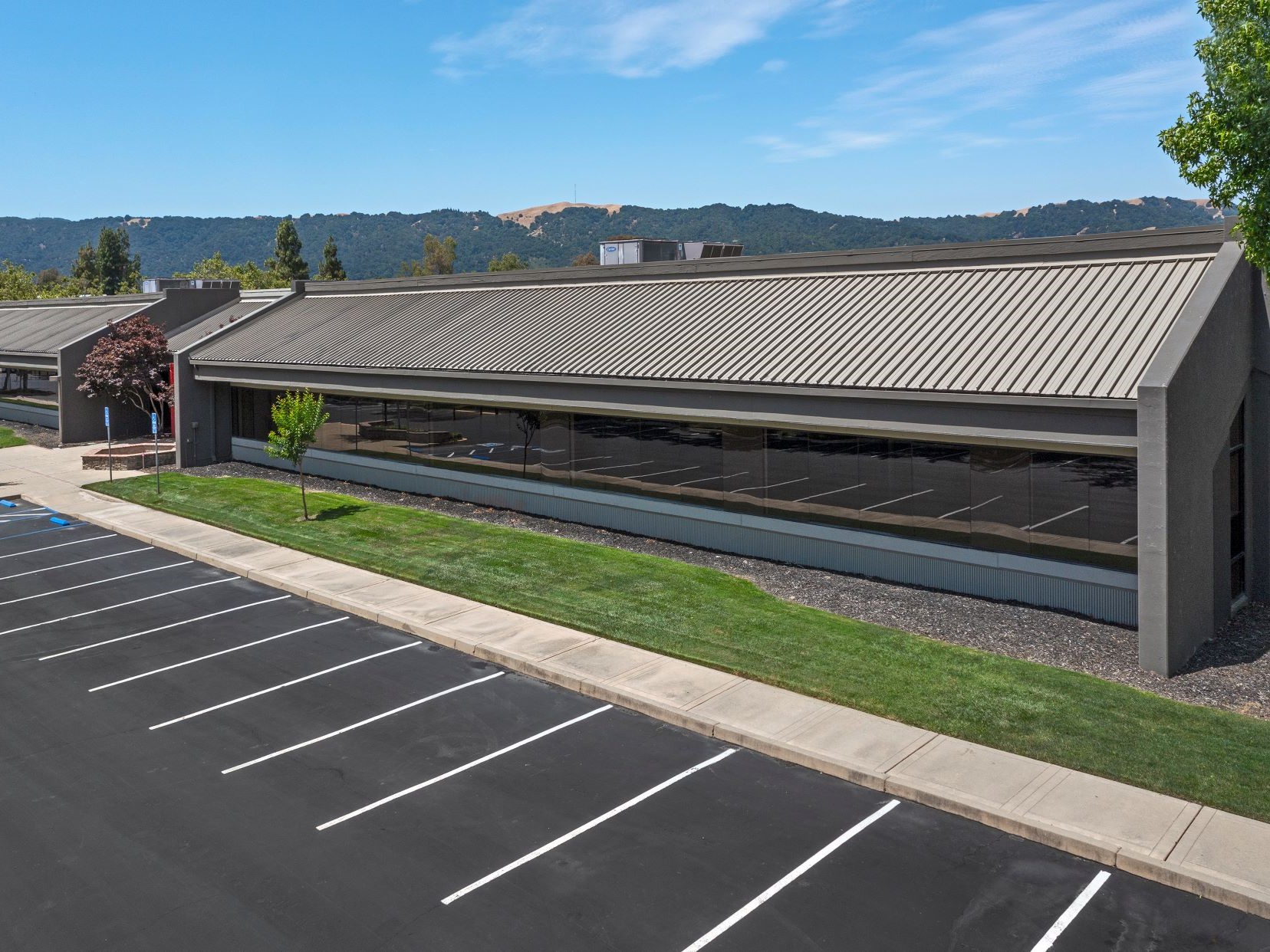

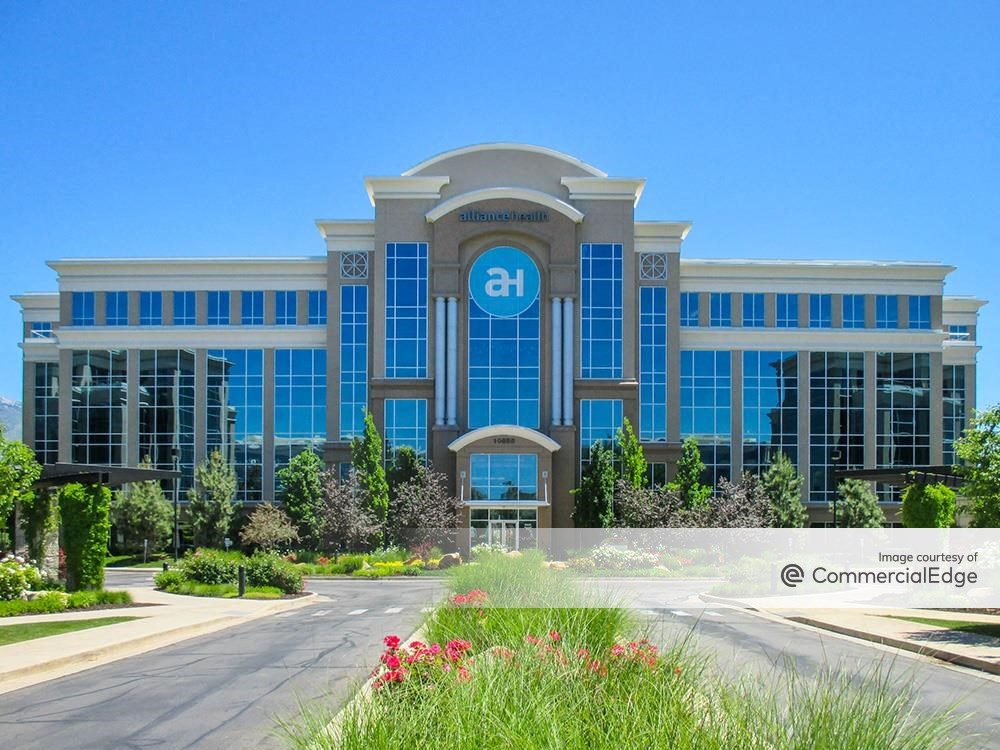
You must be logged in to post a comment.